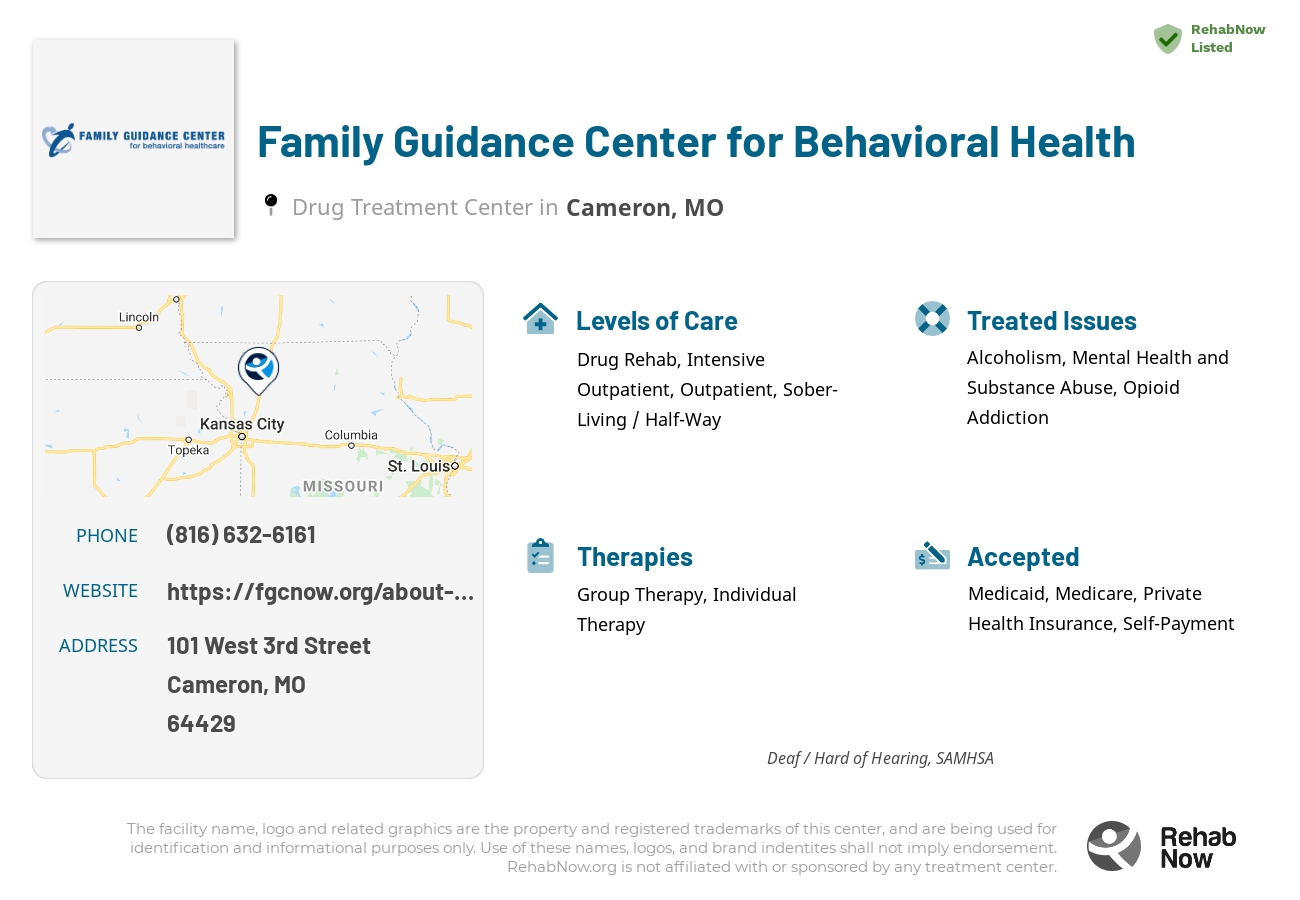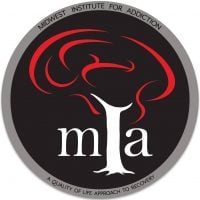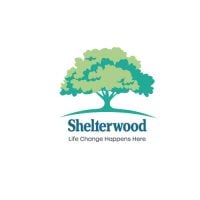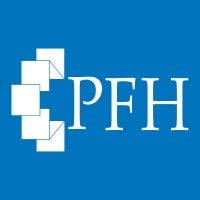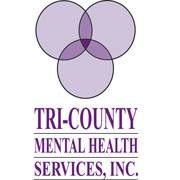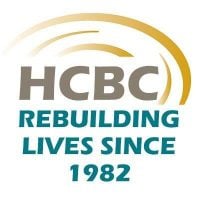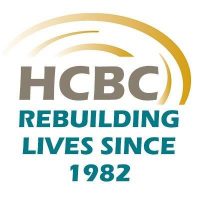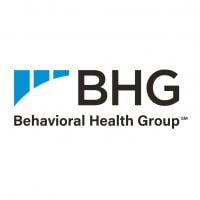Family Guidance Center for Behavioral Health
Drug Rehab Center in Cameron, Missouri
Family Guidance Center for Behavioral Health in Cameron, Missouri, offers evidence-based addiction treatment services, therapy and counseling, medication management, and comprehensive discharge planning for individuals struggling with substance abuse and mental health issues.
About Family Guidance Center for Behavioral Health in Missouri
Family Guidance Center for Behavioral Health is an addiction treatment facility located in Cameron, Missouri. Founded in 1907, the center offers comprehensive and evidence-based addiction treatment services, including drug rehab, intensive outpatient, outpatient, sober-living/half-way, residential, partial-hospitalization, detox, and aftercare support. Additionally, it provides mental health and dual-diagnosis services for those struggling with a combination of substance abuse and mental health issues, as well as a range of other services for individuals suffering from alcoholism, opioid addiction, and drug addiction. The center is accredited by the Substance Abuse and Mental Health Services Administration (SAMHSA), and accepted private health insurance.
Family Guidance Center for Behavioral Health provides a range of therapy and counseling services, including individual, family and group therapy, that are tailored to each individual’s unique needs and preferences. These therapies use evidence-based practices, such as cognitive behavioral therapy, to help clients develop coping skills, recongize triggers, and strengthen problem-solving strategies. The center also employs an experienced team of medical professionals who are trained to provide medications for the treatment of co-occurring addiction-related disorders. Comprehensive discharge planning services are also available to assist individuals in developing a meaningful aftercare plan that is tailored to meet their specific needs for continued recovery and wellness.
Genders
Ages
Modality
Additional
Accreditations
SAMHSA
Conditions and Issues Treated
Opioid addiction treatment should be done in a medically supervised drug rehab. While taking opioids, users will typically use other substances to enhance the effects of opioids or to reduce the adverse effects of opioid use. Opioid addiction treatment will include detoxification and drug rehab counseling to help both the user and their loved ones learn how to live a successful sober lifestyle.
Treatments such as methadone, buprenorphine, and naltrexone are three medications that can help treat opioid addiction. These drugs work on the brain’s pleasure center and reduce cravings and the effects of illicit opioids such as heroin. These drugs can be either given orally or by injection. Individual drug rehab counseling sessions can be helpful to discuss any questions or concerns with the drug treatment program. This counseling will also help the user set goals for when they finish drug rehab.
Opioid addiction recovery is a long process. Many of the changes to the brain caused by opioid use cannot be undone, but with time and the proper treatment, a person can return to normal function. After detox, treatment will include drug rehab counseling and entering a halfway house or sober living community. Aftercare is critical to long-term recovery, as it helps the user avoid relapsing and entering back into drug rehab.
Levels of Care Offered
This center offers a variety of custom treatment tailored to individual recovery. Currently available are Drug Rehab, Intensive Outpatient, Outpatient, Residential, Sober-Living / Half-Way, with additional therapies available as listed below.
Intensive outpatient treatment is a type of comprehensive addiction care. Unlike conventional residential treatment programs, the patients live at home during the recovery process. This means that one can continue working and caring for their families. These also allow people to keep pursuing their studies while also working on their sobriety.
Outpatient treatment can help one transition to normal life from the round-the-clock supervision and treatment available during inpatient treatment. It is an excellent tool to ensure long-term recovery. However, it is essential to note that intensive outpatient treatment in itself does not remove patients from the real-world setting. This means there’s always a higher risk of coming across environmental triggers. To further prevent relapse, an outpatient treatment center should be able to provide ongoing support services.
Once the patient is enrolled in an intensive outpatient treatment program, they will be expected to attend therapy and group meetings daily for a stipulated period. The frequency and duration of each session will depend on the patient’s needs and level of addiction. This can help curb the habit and deal with underlying issues that led to it. Most of these professional treatments are designed to allow patients to structure their daily schedules in a way that is conducive to recovery.
“Outpatient treatment is ideal for those who have a lower intensity addiction. It’s also suitable for those with a supportive environment and those on a tight budget.
Outpatient treatment can be considered the lowest intensity level of addiction treatment. It is ideal for early phase addiction or lower intensity addictions. It may involve weekly sessions instead of daily. Peer group support, 12-step programs, and individual counseling may still be used and anti-addiction medication.
Sober living homes are halfway houses where people can stay for a while and stabilize themselves—no drinking or drugging, paying rent/bills, etc. There is no minimum or maximum stay, but as long as you follow these simple guidelines, it’s an excellent chance to move forward into sobriety!
For many, this is a new beginning, a reset. The opportunity to establish new routines and healthy habits that will result in long-term sobriety is given to those who have lost everything due to addiction. It’s also common for people to move from one sober living home to another, each step closer to a drug and alcohol-free life.
Residential treatment programs are those that offer housing and meals in addition to substance abuse treatment. Rehab facilities that offer residential treatment allow patients to focus solely on recovery, in an environment totally separate from their lives. Some rehab centers specialize in short-term residential treatment (a few days to a week or two), while others solely provide treatment on a long-term basis (several weeks to months). Some offer both, and tailor treatment to the patient’s individual requirements.
Therapies & Programs
No single treatment works for all addicts; therefore, the goal of treatment and therapy should be to find what works best for each individual. Some people requiring addiction treatment may only need a few weeks of inpatient care. Others will require long-term residential care. Tolerance and withdrawal levels vary from person to person and thus affect the intensity of the treatment needed.
If an individualized approach to treatment and therapy is not offered, addicts may fail to reap benefits from their efforts. Professionals must customize plans according to their patient’s needs, limitations, and strengths. The goal of all forms of addiction treatment should be for addicts to find healthy ways to cope with their addiction and its underlying causes.
Group therapy is held in a safe, controlled setting where patients can feel comfortable sharing their struggles and gaining perspective through shared conversations. It takes place in a group rather than one on one to prevent feelings of isolation or being unique in their situation while creating an environment for addicts at Family Guidance Center for Behavioral Health to develop fellowship, accountability, and support. Group therapy is an important tool in recovery that prevents cravings that prompt a return to active addiction.
Payment Options Accepted
For specific insurance or payment methods please contact us.
Is your insurance accepted?
Ask an expert, call (888) 674-0062
Additional Details
Specifics, location, and helpful extra information.
Cameron, Missouri 64429 Phone Number(816) 632-6161 Meta DetailsUpdated November 25, 2023
Staff Verified
Family Guidance Center for Behavioral Health Patient Reviews
There are no reviews yet. Be the first one to write one.
Cameron, Missouri Addiction Information
Opioid-related overdoses in Missouri have been increasing steadily for the past three decades. In 2018, more than 1,130 people in Missouri died from opioid abuse. Methamphetamines and marijuana abuse have surpassed opioid abuse in Missouri. Missouri is the number 1 methamphetamine manufacturer in the country with more than 27 meth labs per 100,000 people.
The drug addiction problem in Cameron, Missouri, is relatively bad, evidenced by the high number of drug-related fatalities and hospitalizations each year. In 2016, there were 546 deaths from heroin overdoses. However, there are many quality drug rehab facilities in Cameron that can provide residents with the help they need to overcome their addiction.
Treatment in Nearby Cities
- Lebanon, MO (165.9 mi.)
- Cuba, MO (191.7 mi.)
- New Madrid, MO (336.4 mi.)
- Kirksville, MO (93.2 mi.)
- Arnold, MO (225.8 mi.)
Centers near Family Guidance Center for Behavioral Health
The facility name, logo and brand are the property and registered trademarks of Family Guidance Center for Behavioral Health, and are being used for identification and informational purposes only. Use of these names, logos and brands shall not imply endorsement. RehabNow.org is not affiliated with or sponsored by Family Guidance Center for Behavioral Health.



